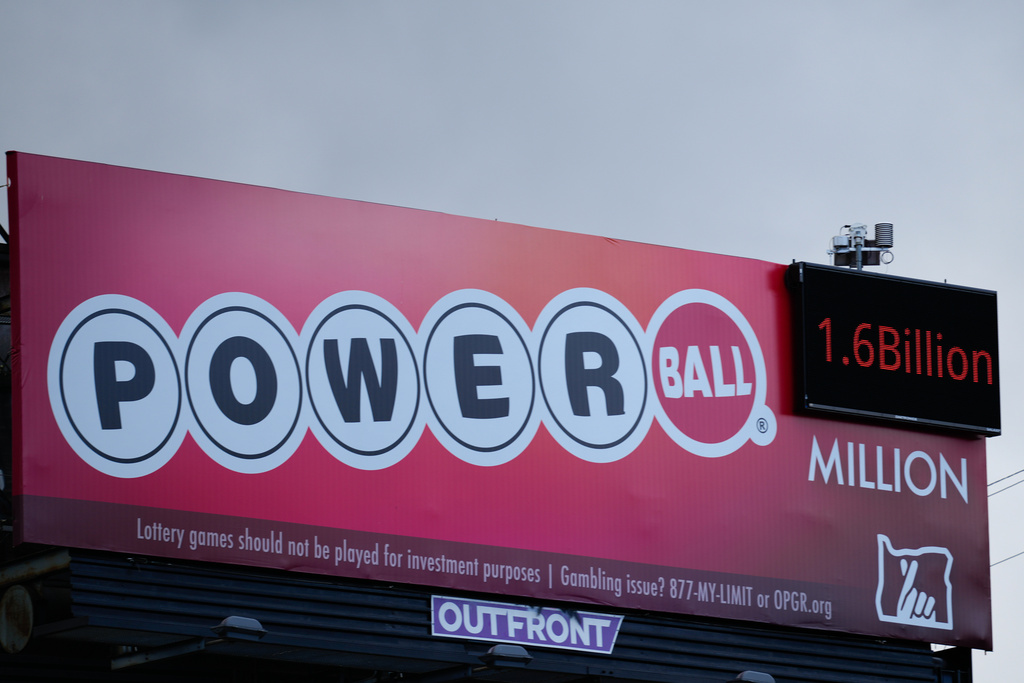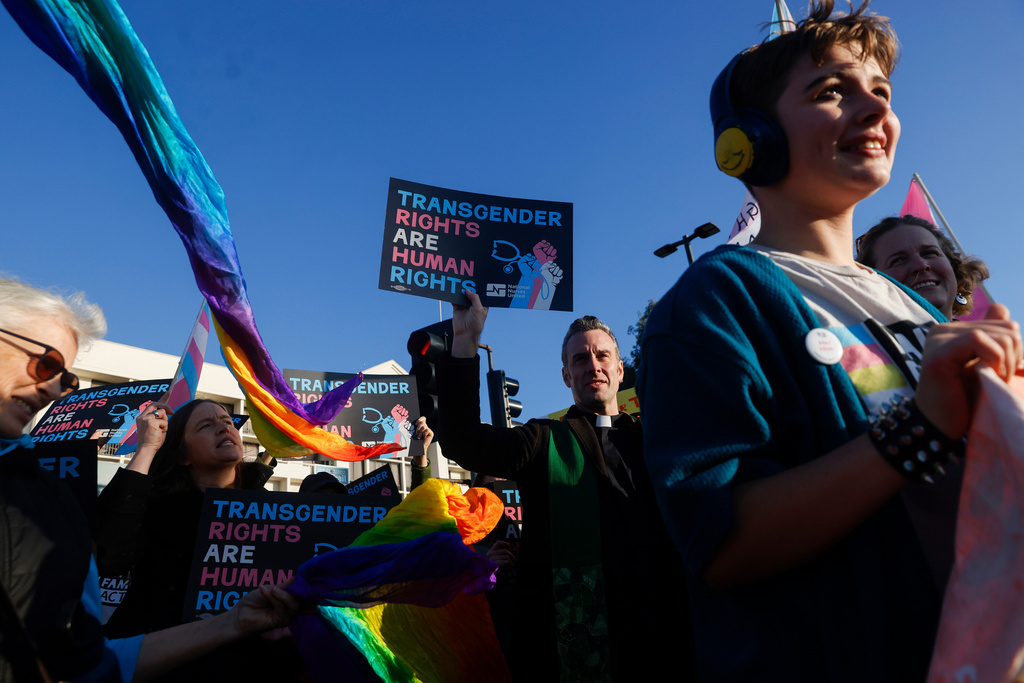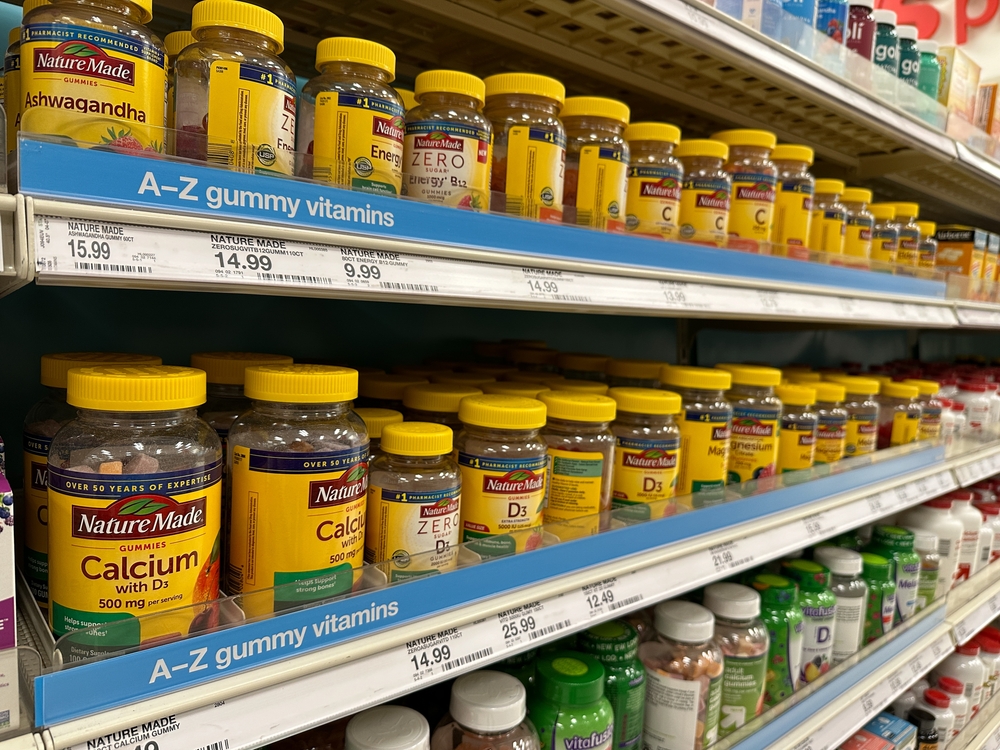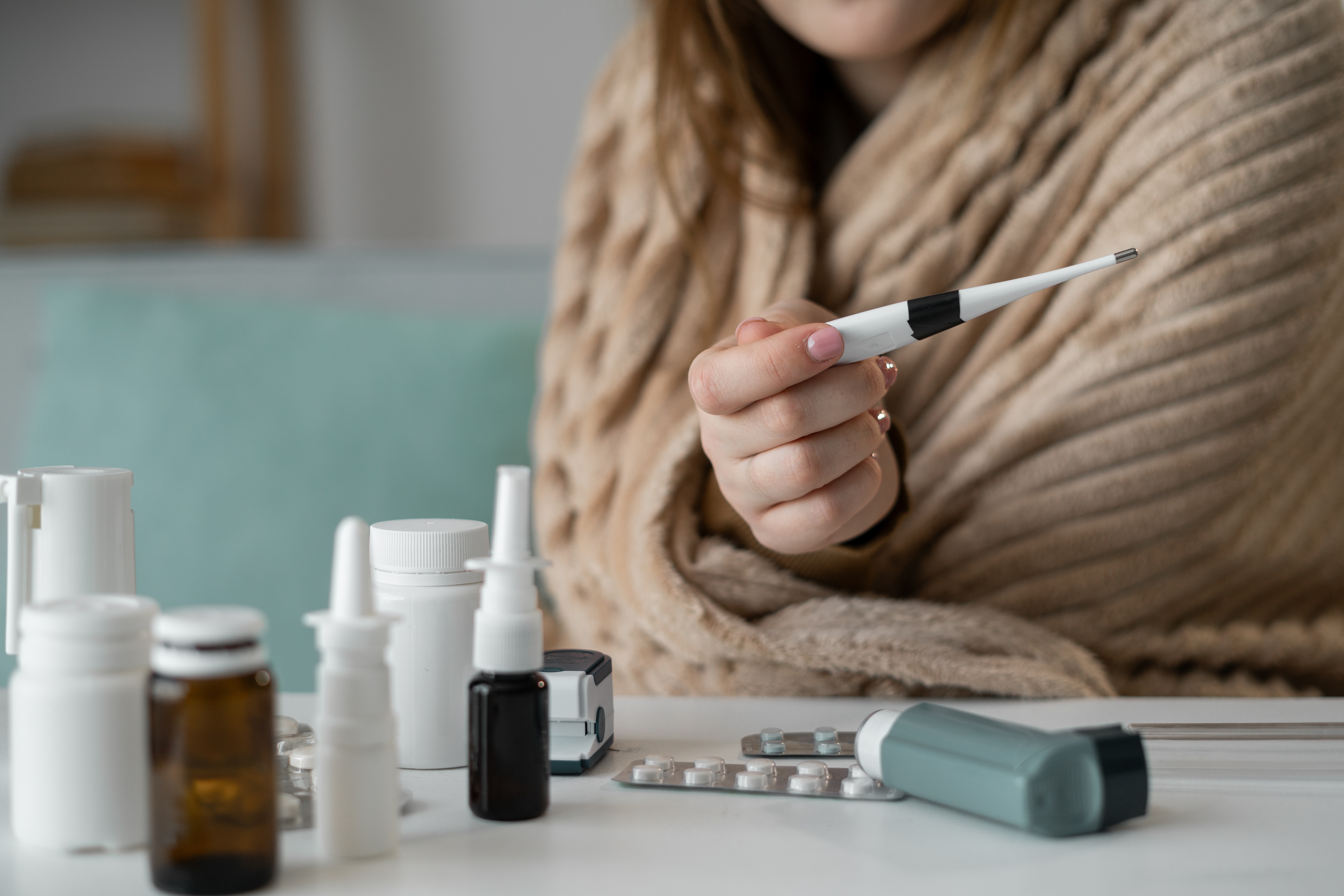The U.S. could have 240 million doses of COVID-19 vaccines by the end of March. Twenty million of it — or just under ten percent — is expected to come from Johnson & Johnson.
"We're prepared to ship immediately upon emergency use authorization nearly four million doses of our vaccine," Dr. Richard Nettles, vice president of medical affairs at Janssen Pharmaceutical Companies, said.
Johnson & Johnson will need to figure out how to ramp up production — something Pfizer and Moderna struggled with in the beginning.
"We did initially experience some problems with the initial ramp-up of our vaccine." John Young, chief business officer of Pfizer, said.
"Because these vaccines are administered to healthy people in large numbers of healthy people, the safety profile and the characteristics that are necessary to manufacture, calibrate, evaluate and make sure these vaccines are made correctly is incredibly important," said Dr. Amit Kumar, the CEO of Anixa BioSciences. Kumar has more than 20 years experience in developing vaccine and therapeutics.
Experts explained to Newsy that Johnson & Johnson moved slower in their clinical trials than Moderna and Pfizer, in part, to focus on manufacturing, because of differences with how the J&J vaccine is made.
Scientists made this vaccine by taking a small amount of genetic material that codes for the novel coronavirus. They combine it with a weakened version of a common cold virus called adenovirus. That combination can enter cells, but won’t replicate and make us sick.
It’s different from Pfizer and Moderna’s technology and takes more time.
"You have to go through the process of of creating the molecules with the appropriate genetic information. Then you have to characterize it — take a small batch of it and you have to look at it and make sure that is what it is," Kumar explained. "Each step you have to measure out the amount. You have to make sure all of your instruments are incredibly precise and calibrated so the instruments that you're using to make the measurements are giving you the correct measurements."
Johnson & Johnson began working with other pharmaceutical companies last year, including a company called Emergent Biosolutions. Since last April, Emergent has helped make the adenoviruses.
"We’re running multiple production lines in parallel so as to maximize the through put,” Sean Kirk, executive VP of manufacturing, for Emergent Biosolutions, said.
It’s even collaborating with vaccine rival Sanofi to help make more vaccine doses.
The J&J vaccine will be in high demand, with hundreds of millions of doses already promised to go overseas.
"This will be important and difficult to access places and populations in the U.S., but also around the world," Dr. John Hammer, an infectious disease specialist at Rose Medical Center, said.











